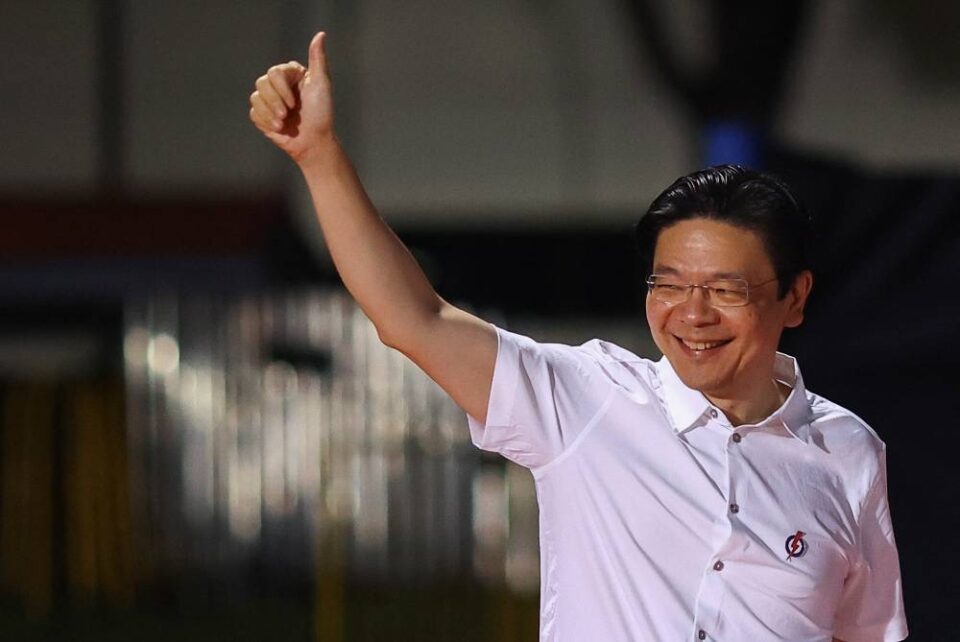PAP set to win 87-97 seats, sample vote counts showFirst electoral test for Wong as PMOpposition set to match its 10 seats in last electionChanges in popular vote a yardstick for PAP approvalSingapore's People's Action Party was on course on Saturday for a decisive victory for a 14th successive election, preliminary vote counts showed, as the PAP looked set to extend its unbroken six-decade rule over the wealthy city-state.Samples of voting in the 32 constituencies contested on Saturday showed the PAP had won in all but three races. Combined with five seats already won by the PAP in a walkover, that translated to wins in 87 of the 97 parliamentary seats. The election was a bellwether of the popularity of the PAP, which has ruled since before Singapore's 1965 independence. Attention focused on whether the opposition could challenge the PAP's tight grip on power and make further inroads after small but unprecedented gains in the last election.The main opposition Workers' Party looked set to win 10 seats, the same number as the last election, which was the most by any opposition party in the Asian financial hub. Though the PAP has consistently won in landslides with about 90% of seats, its share of the popular vote is closely watched as a measure of the strength of its mandate, with new premier Lawrence Wong keen to improve on the PAP's 60.1% in the 2020 election – one of its worst performances on record.A final result was expected in the early hours of Sunday. The early vote count samples had a 4% margin of error, the election commission said.Living costs and housing availability in one of the world's most expensive cities were key issues in Saturday's election and remain a significant challenge for Wong, whose government has warned of recession if the trade-dependent economy becomes collateral damage in the war over steep U.S. tariffs.'STRONG MANDATE' The election was the PAP's first under the leadership of Wong, 52, who became Singapore's fourth prime minister last year, promising continuity, new blood and to lead the country of six million people his own way. He took over at the end of the two-decade premiership of Lee Hsien Loong, the son of former leader Lee Kuan Yew, the founder of modern Singapore.In many races, the PAP's wins were big, the sample counting showed, with only three of the contests close and within the margin of error.’It's not just status quo, it's also the margin of victory in each of the constituencies, and you can see that the numbers are quite remarkable,’ said Mustafa Izzuddin, adjunct senior lecturer at National University of Singapore.’That certainly points, at this juncture, to a healthy and strong mandate for the prime minister.’Although a PAP defeat was always extremely unlikely, some analysts had said the election could have altered the political dynamic in the years ahead if the opposition made more headway.Some younger voters have been keen to see alternative voices, greater scrutiny and more robust debate. But that could take time. Like previous elections, Saturday's contest was a lopsided affair, with 46% of all candidates representing the PAP, which ran in all seats compared to 26 for the Workers' Party.The PAP has long had the upper hand, with a big membership to draw from, influence in state institutions and far greater resources than its untested opponents, which ran in only a small number of constituencies.
